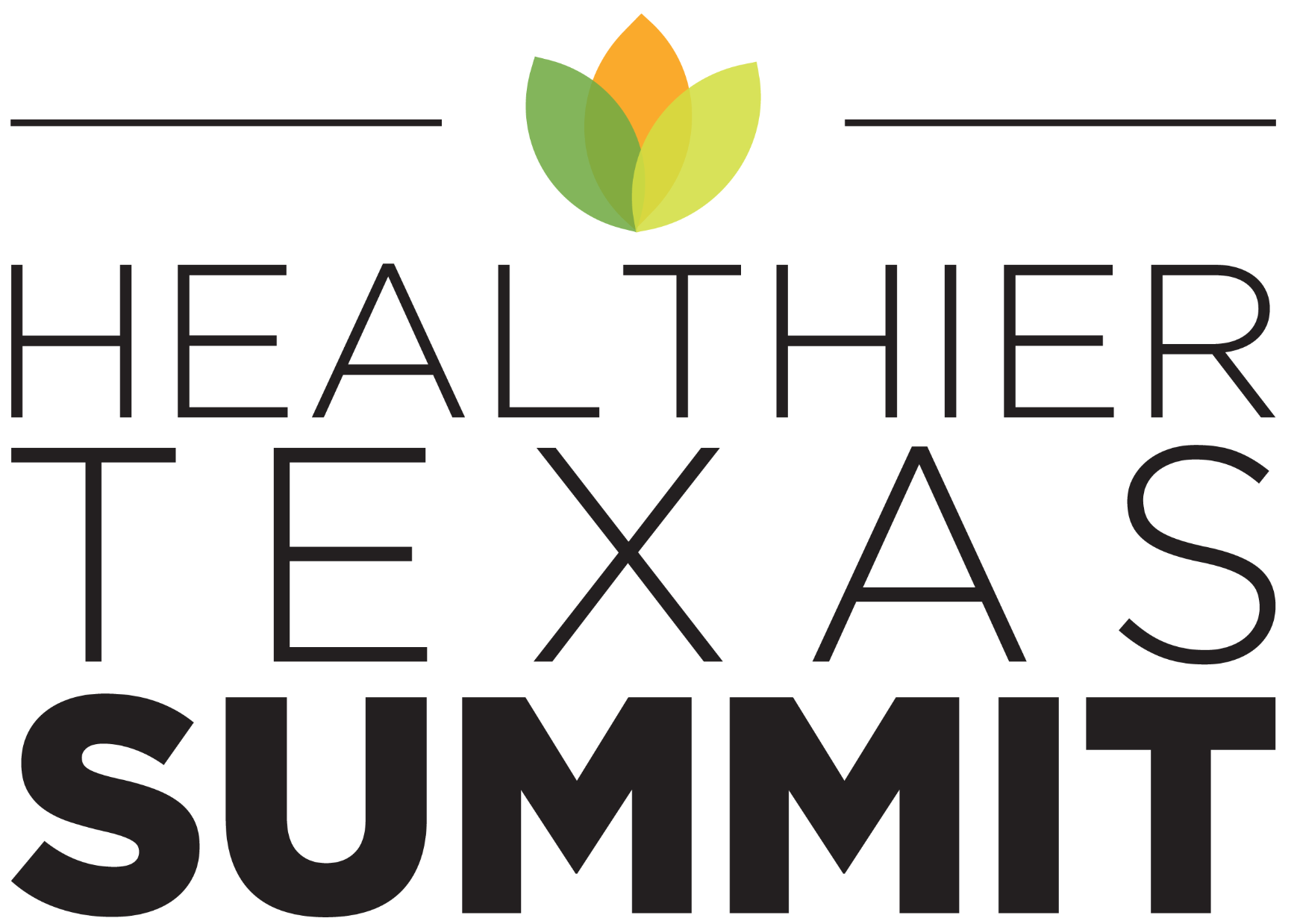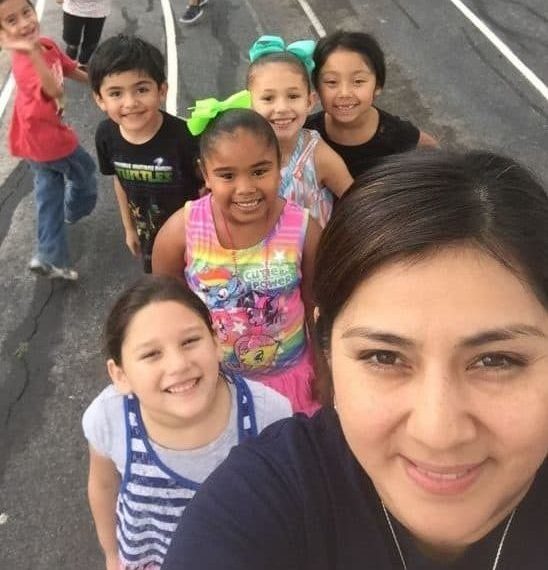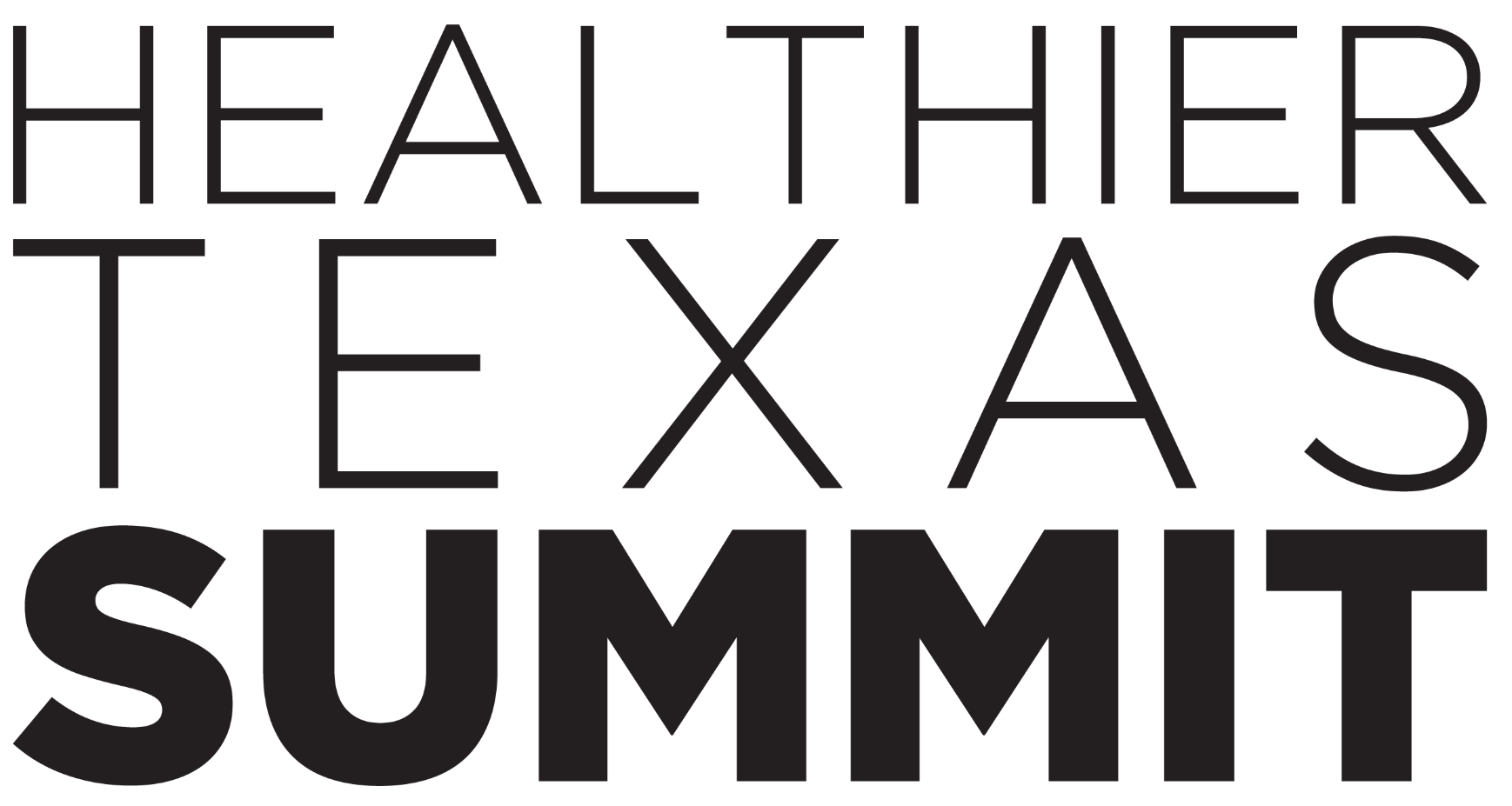A Collaboration Between
Modeling Health: Sessions for Educators & School Health Champions
Among surveys asking children what they want to be when they grow up, “teacher” ranks consistently within the top five. No surprise here. Educators are easily some of the most admirable people we know. With a knack for making difficult and abstract concepts seem accessible and fun, our teachers make a daily habit of helping students accomplish things they didn’t know they could. At their best, educators inspire a passion for their subject and develop their students’ love for learning along the way. They also care deeply about the health and wellbeing of the young people who look up to them. Perhaps better than anyone else, educators understand how a student’s ability to lead a happy, healthy life is inextricably linked to the resources and supports available to them at home and in their community. But for educators and school health champions interested in furthering the overall development of their students, simply knowing the factors that influence student wellbeing doesn’t make the job any easier.
Food insecurity, family trauma, violence, mental health challenges, poverty, homelessness, and poor physical health are issues that educators regularly come face-to-face with in the classroom. Coupled with heavy workloads, shifting educational priorities, chronic funding shortages, and intense bureaucratic scrutiny, the physical, mental, and emotional demands of teaching mean that educators are often left struggling to keep up with their own health. Creating an ecosystem in which current and future students can thrive requires coordinated action that extends beyond school walls. It means building healthier communities and empowering parents and educators alike to model holistic health.
At the Healthier Texas Summit, we’ll have a chance to learn about innovative partnerships, legislation-backed efforts, and collaborative models offering promising solutions for educators looking to foster health among their students, staff, and communities. Here are some of the sessions you’ll want to be in on.
Leveraging School, Community and Clinical Data to Forge Partnerships
Facilitated by Pritesh Gandhi, Associate Chief Medical Officer at People’s Community Clinic, this panel will cover how Children’s Optimal Health developed strategic relationships to harness school district, health and community data, power cross-sector partnerships, address issues of child health equity, and support local efforts to improve health outcomes. In this information-packed session, participants will learn the processes involved in developing data-sharing relationships with school districts and health entities, including HIPAA and FERPA compliance, and the value of a community-based data intermediary. They will also discover the value of data visualization including geographic mapping, to communicate across sectors and populations, and to engage communities (regardless of language or educational challenges) to recognize local assets and needs, take action and monitor change over time. This is for anyone interested in how to turn data and knowledge into action.
Partnering for Health: Thoughts From a Texas School District
Within Garland ISD, the Coordinated School Health Program is an innovative model bridging the efforts of staff, parents, community members, and outside organizations to support the comprehensive health and development of each student. Supported by an active School Health Advisory Council, the program depends on a committed network of internal and external stakeholders working in unison to advance student and employee health. Facilitated by key leaders of Garland ISD’s coordinated health effort, the panel will cover strategies, challenges, and successes, helping participants discover new ways to partner for better health.
What is the Texas Child Mental Health Care Consortium?
Authorized and funded by the 86th Texas Legislature, the Texas Child Mental Health Care Consortium is a new entity dedicated to bringing to bear the mental health expertise of our colleges and universities on the mental health needs of Texas’ children. Moderated by Dr. David Lakey, Vice Chancellor for Health Affairs and Chief Medical Officer at The University of Texas System, this panel will bring together three of the visionaries behind the consortium’s creation to discuss its genesis and ambitious agenda to transform mental health care for children in Texas.
Developing and Strengthening Hunger Free Community Coalitions
Food insecurity is a complex issue. Its solution exceeds the capabilities and resources of any one person, organization, agency or sector. But when these groups all come together, they create a response that is greater than the sum of their parts and begin to develop scalable solutions that can truly reduce food insecurity. Join presenter Katie Nye of the Texas Hunger Initiative in Austin as she reveals a step-by-step toolkit for building coalitions and strengthening community-based efforts to solve food insecurity. Attendees will hear examples of best practices culled from 10 years of community work, as well as ideas and practical tools for implementation.
Oh, but there’s more!
See the agenda for a complete list of sessions, CEC offerings, and opportunities to connect with educators and school health champions from across the state. If you’re not yet registered for the 2019 Healthier Texas Summit, remember that September 30 is the last day to RSVP online. Bring a group and take advantage of the discount!


